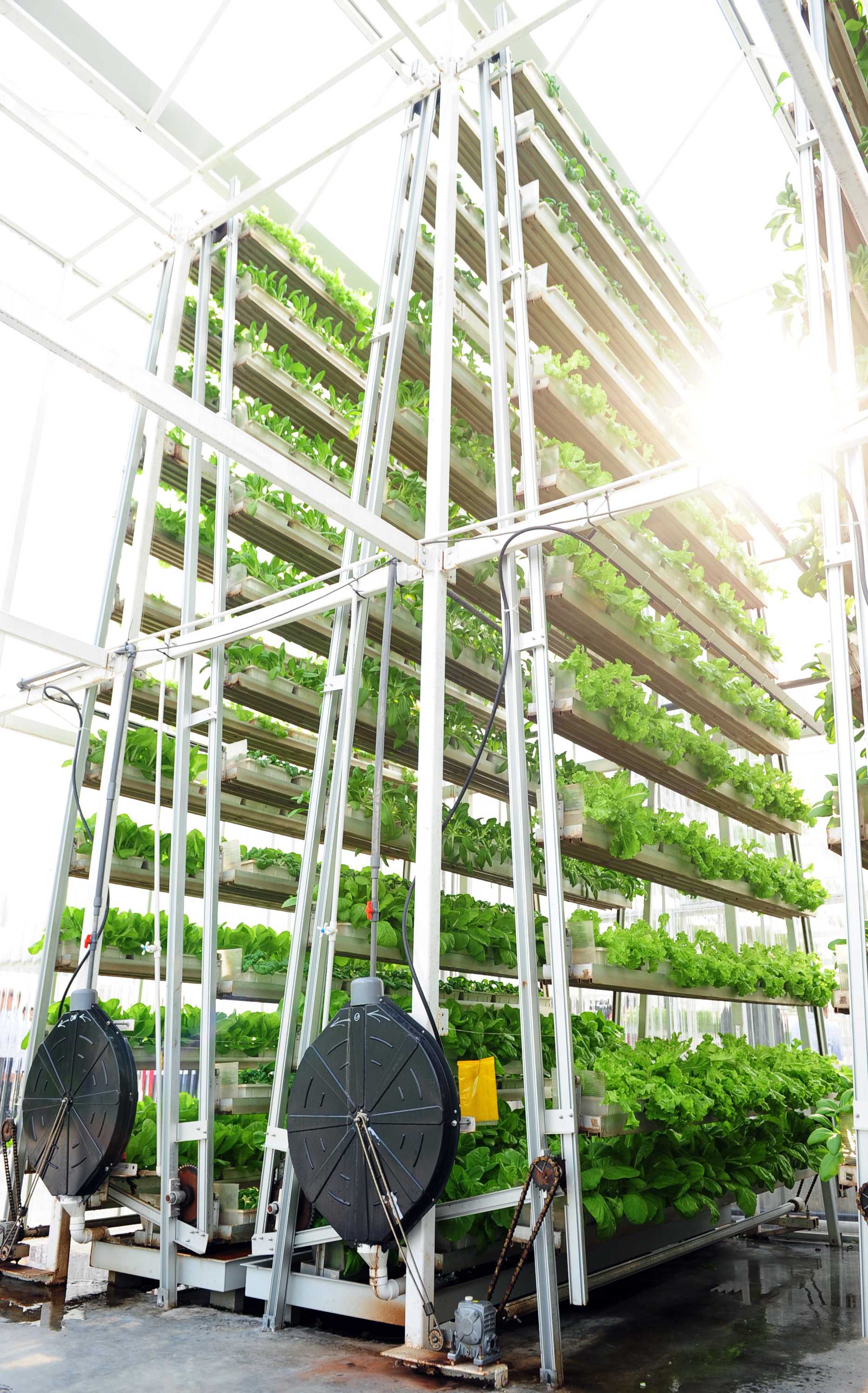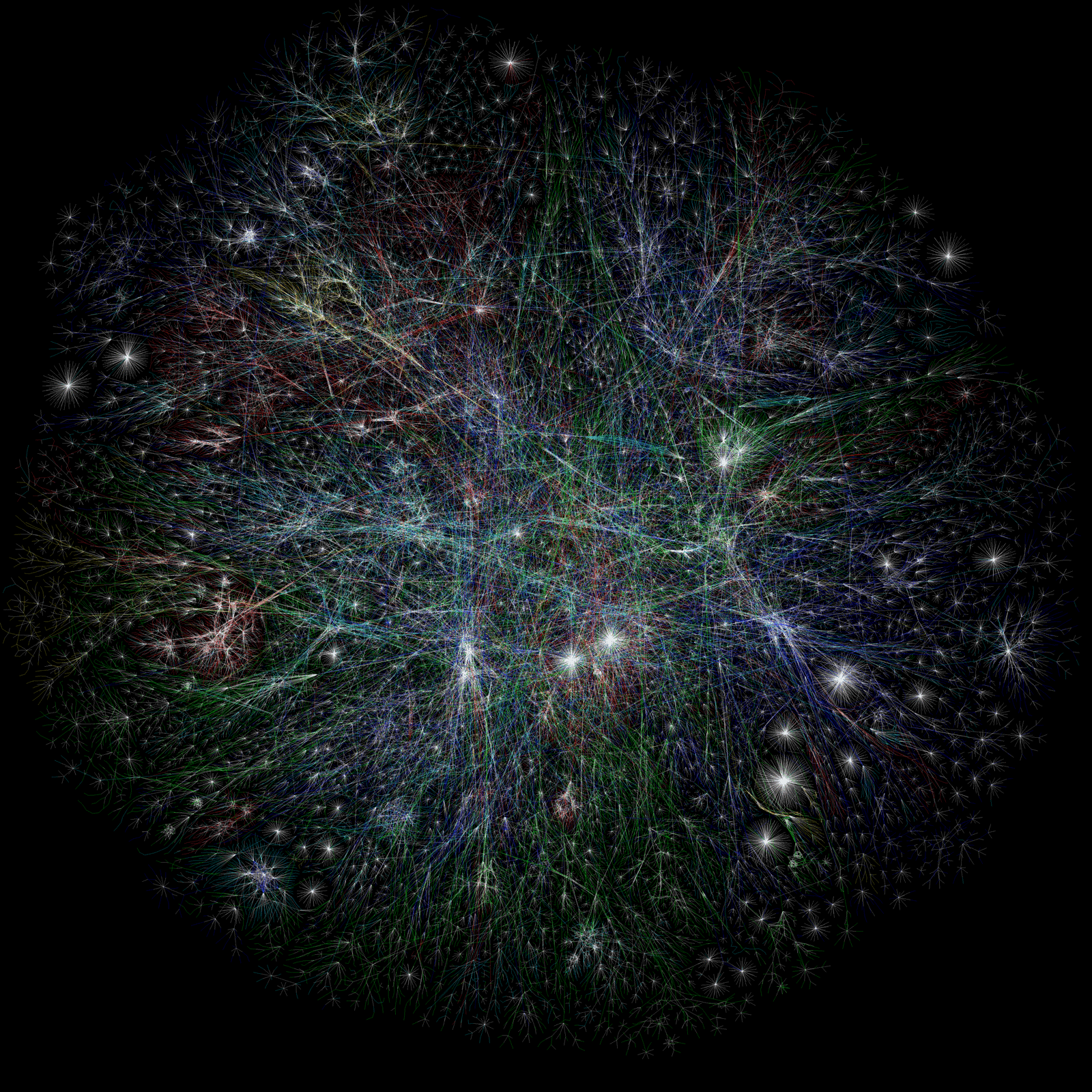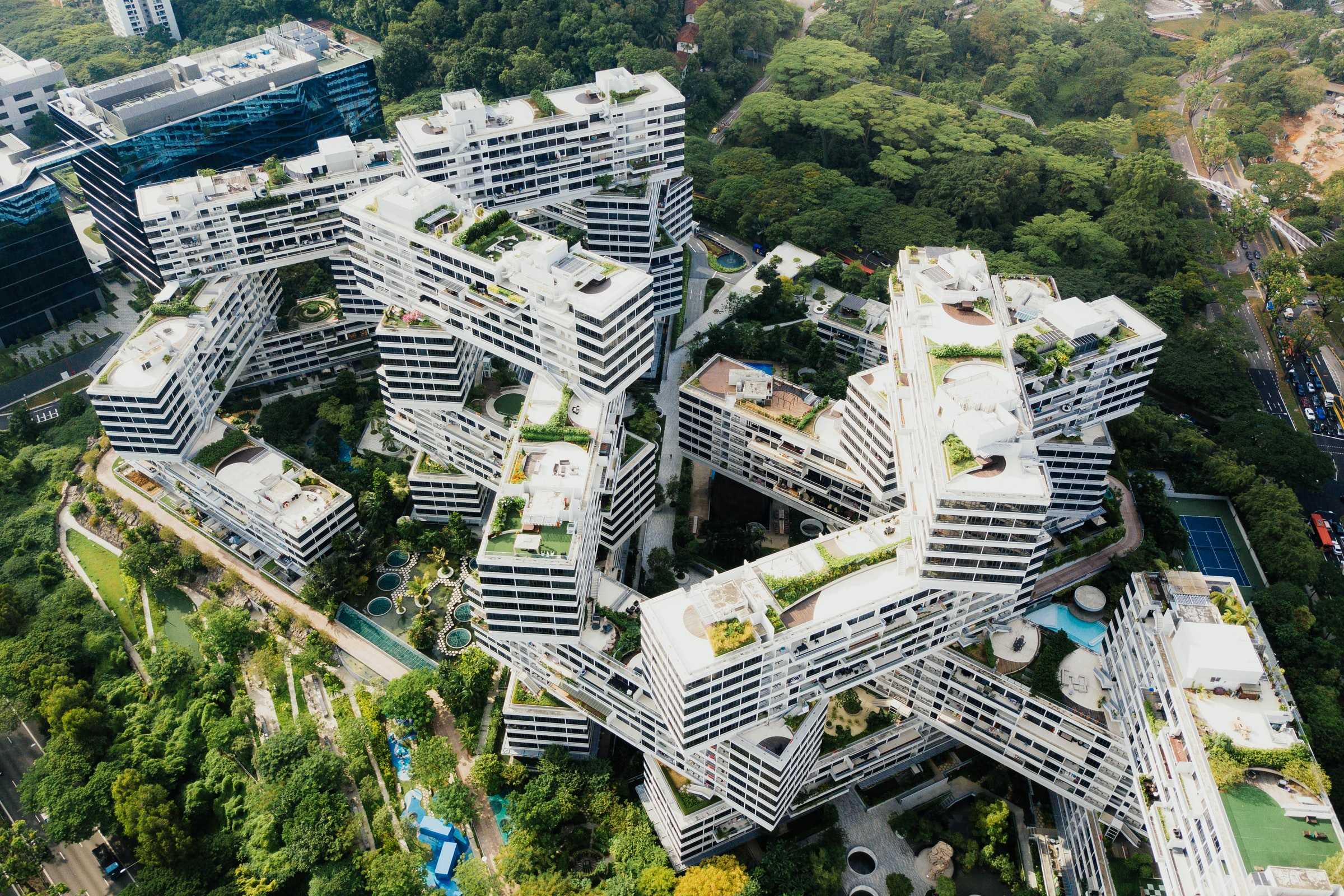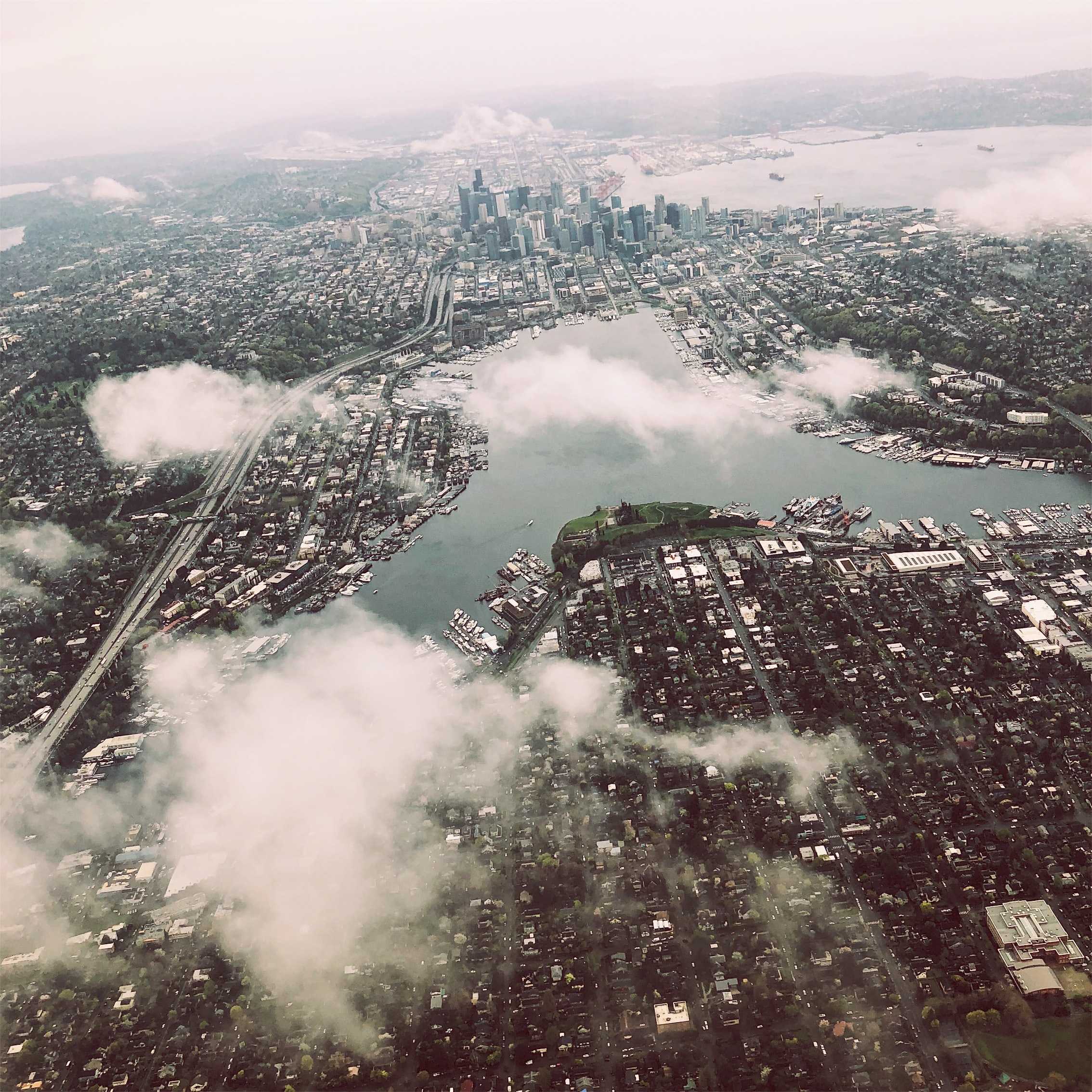
Urban farming for food security
Singapore's boom consumed most of its farmland. Today, just 1 perente of land area is used for cultivation. Fully 90% of all food is imported, at a cost of some $10 billion annually. Pandemic-related supply chain disruptions in 2020 highlighted the island's food insecurity. Food prices rose by more than 50 percent.
A large-scale effort to bolster domestic production through intensive, high-rise farming seeks to fill the gap. "The government is investing $40m in agritech projects as part of a campaing to increase domestic production from 10 to 30 percent of consumption by 2030." This means meeting half of all fruit and vegetable production, and one-quarter of grains and meats, from domestic sources.
The intensity of this push, following on other greening measures aimed at improving quality of life and urban heat island effects, and tight alignment of land use policy and regulations could bring about a rapid wave of scientific breakthroughs and disruptive innovations, significantly accelerating the global development of urban farming and making the island an exporter of urban farming technology and know-how.




..png)
